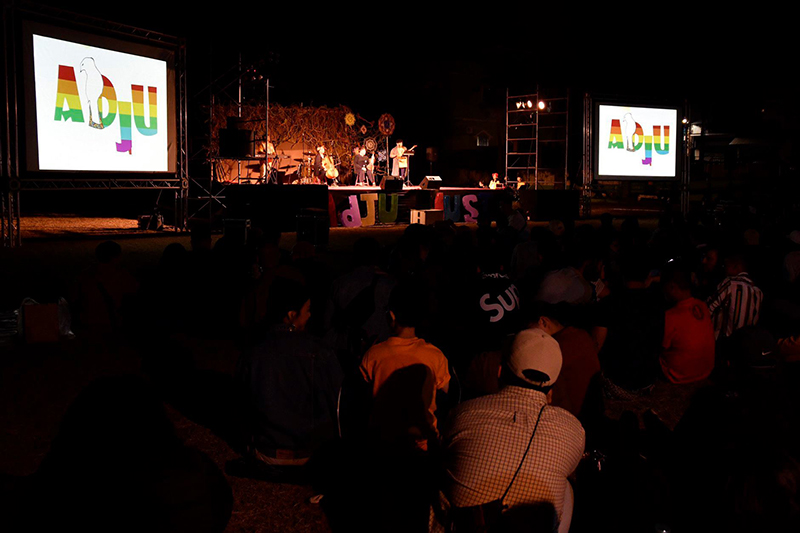On the night of December 15th, 2018, a special music festival took place on the playgrounds of the Timur Elementary School in Sandimen Townshjp, Pingtung County. Many adjus walk in heels glamorously dressed. Holding hands, they enjoyed the cozy musical environment, and the freedom to show their true colors in front of families and friends. Organized by Colorful Wi, this is the Adju Music Festival, the first musical event featuring indigenous LGBTIQ in the world.
“The term LGBT is for the Non-indigenous people, the Paiwan people call it Adju,” says Remaljiz Mavaliv, head of Colorful Wi and founder of the Adju Music Festival.
Originally, adju is used to describe companionship between Paiwan female, like “girlfriend”. The word is also appropriated for biological male, gay and transgender with gender qualities different from mainstream expectation in indigenous villages, and they call each other adju.
“In indigenous villages, we don't talk about gender identity, let alone using words including homosexual, gender diversity and transgender, they simply do not exist in our understanding of life.” Remaljiz Mavaliv shares that in indigenous villages, elders would require them to call a male elder with feminine qualities sister or auntie, instead of brother or uncle. These people live in the village like everyone else and participate in church activities, “but we do not talk about such existence, not in the village or at church.”
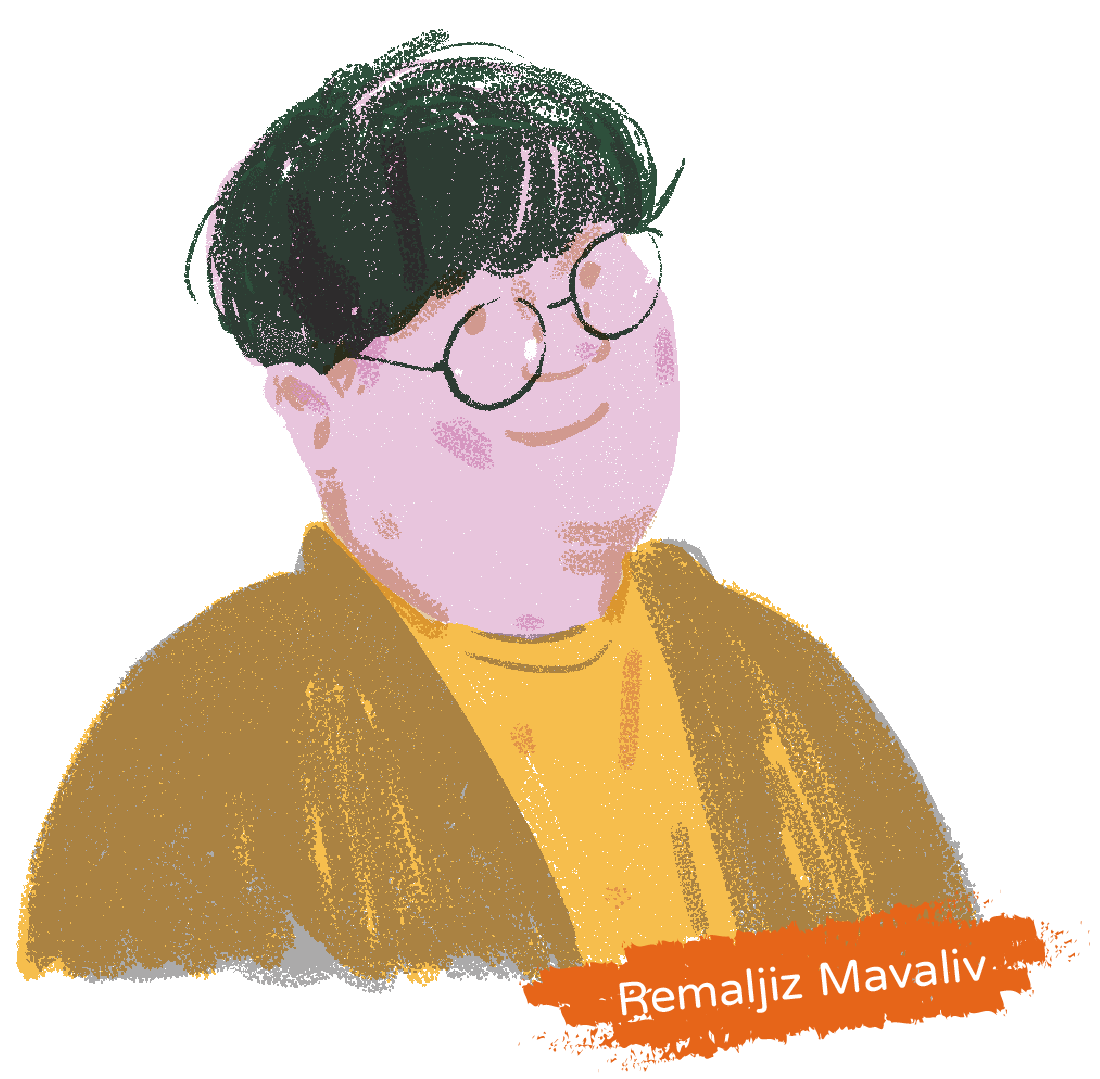 Remaljiz Mavaliv believes that adju leans more towards transgender heterosexual in gender diversity, biologically male but identifies oneself as female and takes on a male partner. People generally think adju equals gay, but as Remaljiz Mavaliv points out, the two are not the same. Unlike gay men who are biologically male with masculine gender qualities and identifies oneself as biologically male in a romantic relationship, adju identifies oneself as biologically female, even though most adjus have no intention of undergoing sex change.
Remaljiz Mavaliv believes that adju leans more towards transgender heterosexual in gender diversity, biologically male but identifies oneself as female and takes on a male partner. People generally think adju equals gay, but as Remaljiz Mavaliv points out, the two are not the same. Unlike gay men who are biologically male with masculine gender qualities and identifies oneself as biologically male in a romantic relationship, adju identifies oneself as biologically female, even though most adjus have no intention of undergoing sex change.
Lack of Discussion
does Not Mean We do Not Exist
With the extremely high percentage of Paiwan Christians, especially the north Paiwan group where more than 90% of the population is Christian, the church is tremendously influential in indigenous villages, and intimately connects the interpersonal relationships in villages through fellowship and youth associations. “According to our concept, the indigenous village exists as a whole, if you leave the village or the church, it's like leaving your family. The relationship between the village, church and the individual is almost inseparable.” Remaljiz Mavaliv states that in addition to the influence of traditional Paiwan culture, gender concepts in the village is profoundly shaped by the church, male and female labor division and gender binary are concepts that cannot be changed.
“Even though the church is not exactly friendly towards ideas of gender diversity, most adjus do not even consider leaving the church, instead, they try to ‘survive’ amidst such structure.” Remaljiz Mavaliv explains that the Paiwan society strongly believes in respecting elders, maintain solidarity, and avoid any division, even if the younger generation has doubts regarding traditions or the authority of the church, they will avoid any direct confrontation.
But this harmonious and peaceful pattern was interrupted in 2011, when conflicts regarding diverse gender identity shook the society, such the anti-LGBT education on campus by True Love Alliance, and the of draft Diversified Family Bill. The Taiwan society launched into heated discussions regarding gender diversity, and gradually split into the two factions of pro-LGBT and anti-LGBT. The Presbyterian Church, which is the system north Paiwan group belongs to, also changed its habit of no public discussion, and expressed their anti-LGBT position by quoting the Bible. Indigenous villages that have always followed the opinions of the church quickly expressed its opposition as well.
As the two factions headed into fierce confrontations, the families and friends of the “sisters” and “aunties” were often seen protesting in anti-LGBT parades with the church, yet when they return to the village, they can still chat and laugh with the “sisters” and “aunties” as if nothing has ever happened. Remaljiz Mavaliv says, “it's like they have split personalities, their cognitive reality is separate from the real life.”
Adjus Surviving
under the Structures of School and Church
Before the binary opposition was roused in the society, the church and indigenous villages may “disapprove of” or “do not encourage” the existence of adjus, but adjus could still find a little piece of heaven amidst the unfriendly environment. However, with the confrontations heating up, they must directly face the blatant opposition of indigenous peoples. Some even claimed that LGBT is a foreign culture that is destroying the tradition and harmony of indigenous villages.
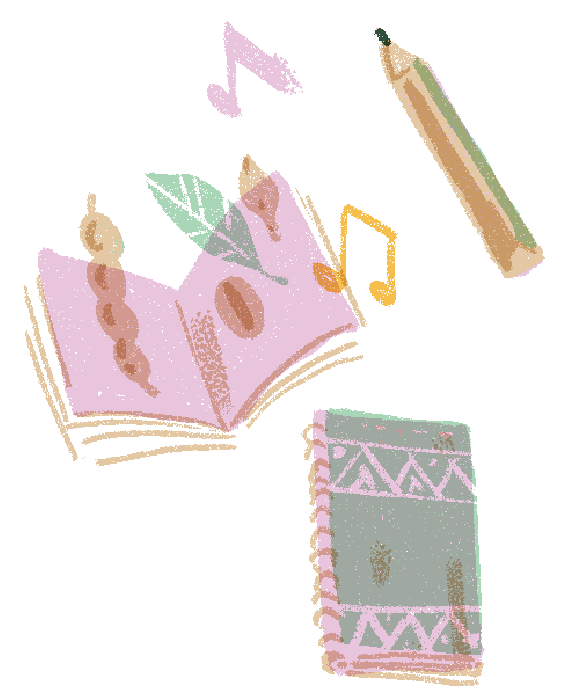
But are people with non-mainstream gender qualities like the adjus really the “foreign” culture? Remaljiz Mavaliv says that he studied in indigenous schools from elementary to senior high school and was bullied in elementary school for his feminine gender qualities. Upon entering junior high school, he discovered that there are people with qualities similar to his and that they formed a dynamic force not to be messed with, “when we first enter the school and join this group, you must greet the ‘sisters’ in the upper grades to show respect.” This special community was formed naturally on campus and passed down year after year, with the connections extending beyond the campus and into indigenous villages and the church.
People in this community call each other adju. Even though they must hide their true colors in front of elders, during youth fellowship with people of the same age, the were able to behave naturally. Not only can they talk all about their personal preferences and affections, but openly demonstrate the musical and art talents adjus have.
Upon entering high school, Remaljiz Mavaliv joined the gender diversity volunteer community Colorful (later renamed Colorful Wi) organized by the Taiwan Indigenous Teachers Association in schools in indigenous areas. Taiwan Indigenous Teachers Association has long paid attention to the diverse gender identity of indigenous peoples. They noticed that there are people like Remaljiz Mavaliv on campus whose gender qualities fail to conform to mainstream expectations, and gathered them together, and encouraged them to share their stories and form bands to participate in events.
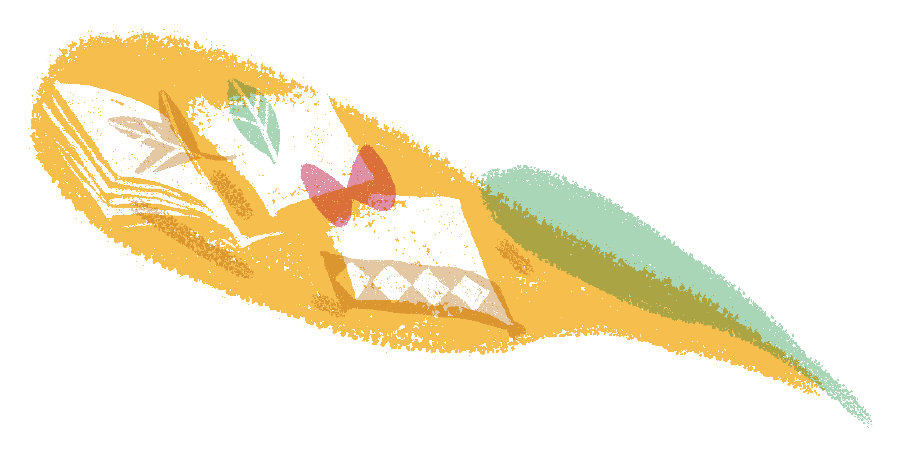
The community first began with get-togethers and band performances, but with the heat of social discussion on marriage equality and gender equality slowly turning up, the community began forming solid consensus on diverse gender identity, and officially took on the name “Colorful Wi” (the united front for indigenous gender diversity). The first Adju Music Festival was born amidst the fierce confrontations in the society.
“If no one will speak for us in indigenous villages, we will rise and speak for for ourselves.” Remaljiz Mavaliv says that adjus have long endured discrimination and pressure, mostly accepting the status-quo in silence to avoid confrontation, but the increasing misunderstandings have made things even more difficult for adjus. “This can't go one anymore!” so thought Remaljiz Mavaliv. Therefore, on the eve of the referendum on same-sex marriage legalization in October 2018, he quickly came up with a logo design, set up a Facebook Fans Page, and decided to organize a music festival in his village to highlight the existence of adjus.
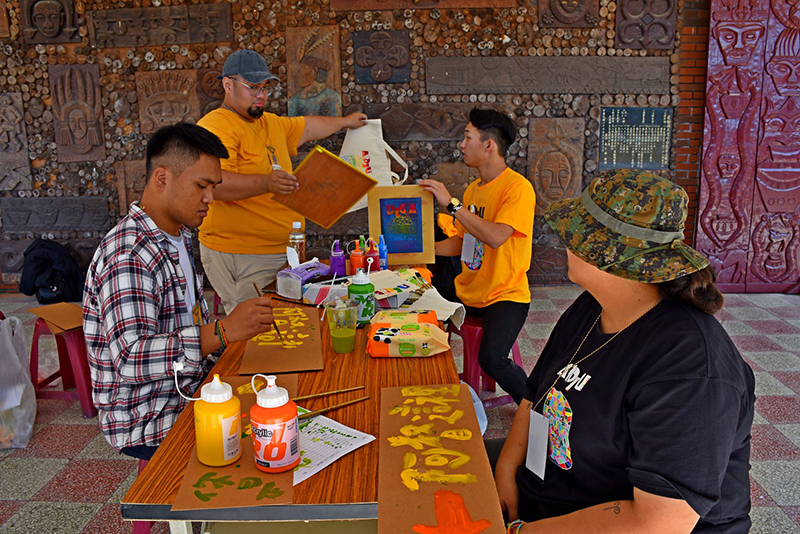
Adju Music Festival
Sees the Pride Flag Waving Above the Village
The Adju Music Festival offers more than a concert, Remaljiz Mavaliv hopes to deliver the value of diverse gender identity in the disguise of music. Therefore, in addition to musical performances, they invited LGBT-friendly vendors to participate in their market, designed many interactive plots including inviting mothers of adjus on stage to share their stories, and collect stories of adjus in different indigenous villages to showcase in the music festival.
“We hadn't intended for it to be big in scale, we just wanted the people of our indigenous village to see,” Remaljiz Mavaliv laughs, he hadn't expected so many friends and musicians to initiate contact with him as soon as the word got out to express their full support. A music festival originally planned for a hundred people in the village ended up bringing in three to four thousand people, some even traveled from out of town.
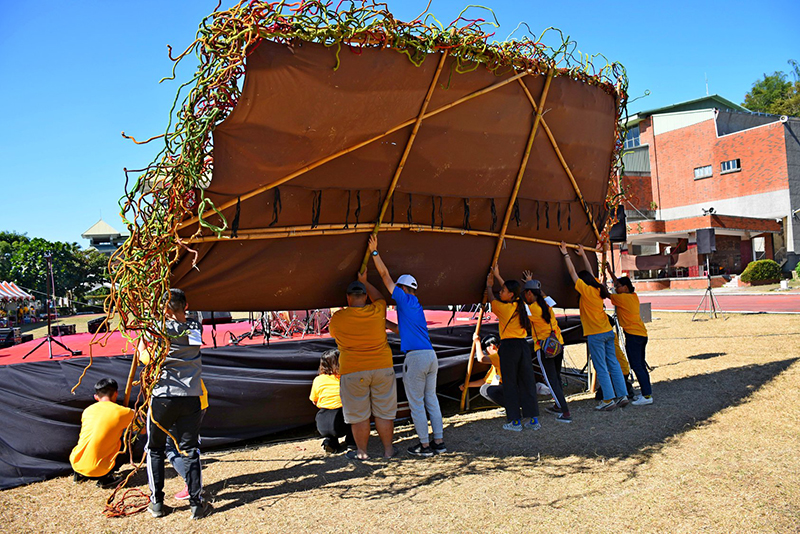
Because of the Adju Music Festival, the pride flag waved for the first time in an indigenous village that never talks about LGBT and is even again it. Many indigenous people in their village saw the overwhelming responses to the event that day, became curious and wondered for the first time, “exactly what is going on in the minds of these kids?”
“This is exactly what we hoped to achieve, to create a platform for communication through music, show our people that we exist, and guide them to think about our culture and the interpretation of the teachings in the Bible from a different angle,” says Remaljiz Mavaliv. In the future, the Adju Music Festival will go on to tour the different Paiwan villages and allow it to blossom and flourish. Even though the festival this year was canceled due to COVID-19, they ventured into different villages in the form of seminars, shared with more people the issues regarding diverse gender identity and in turn hoping to open up more space for dialogue.
